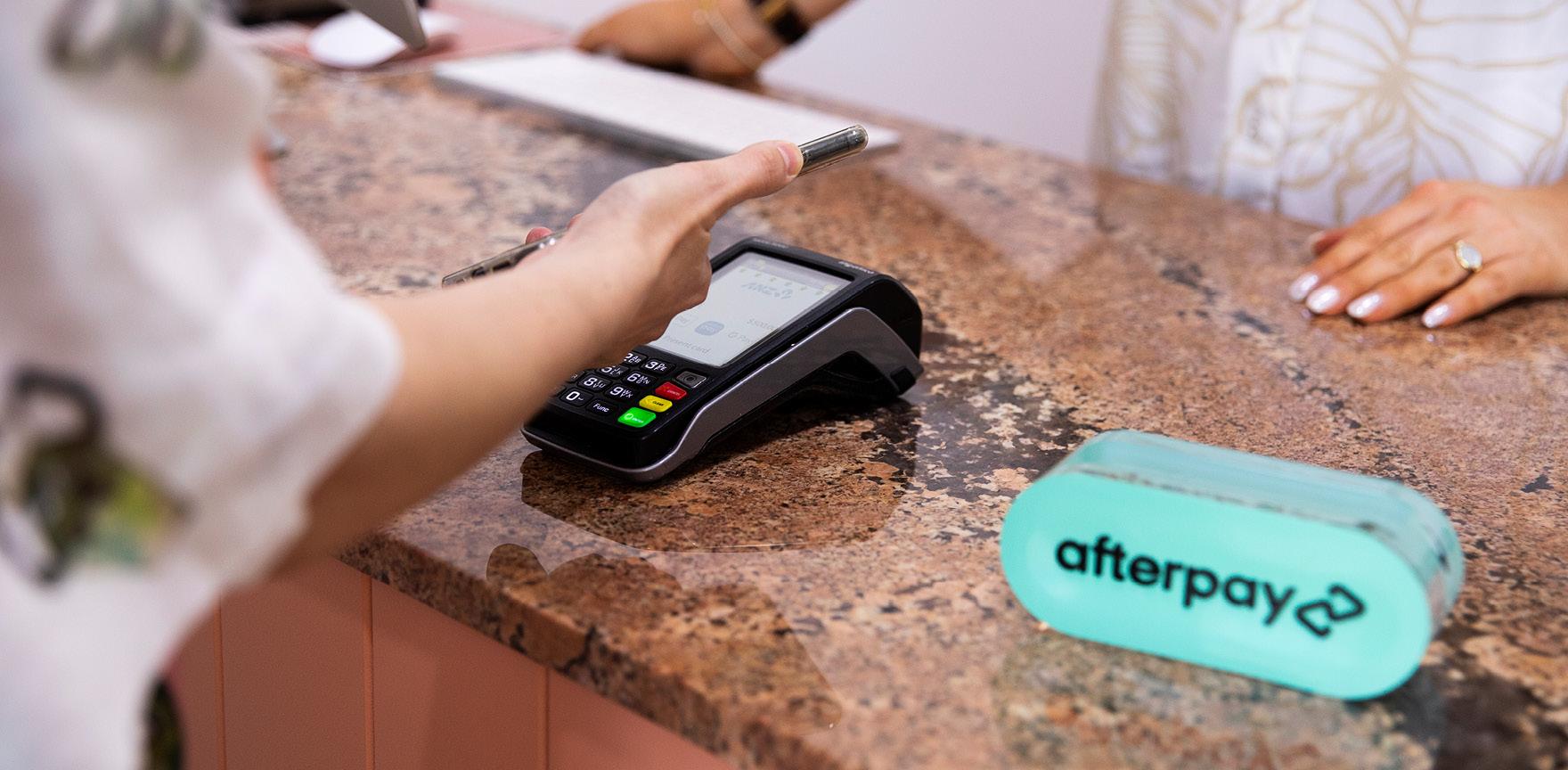
In line with common practice in the payment industry, Afterpay uses a tool called a reserve with some merchants in order to help customers and merchants use our platform safely and securely.
Afterpay currently uses two different mechanisms to hold a reserve when required;
- a fixed, upfront amount provided at the time of initial onboarding.
- a “rolling reserve”, where a percentage of each transaction is held in a reserve and released on a rolling basis.
We may apply reserves if, for example, a merchant takes pre-payment for goods or services delivered at a future date, sells goods or services more prone to disputes, or based on the tenure of the merchant on our platform, among other factors.
These funds always belong to the merchant and are only used by us if the merchant is unable to cover any amount owing under the terms of their agreement with us. If the reserve is not used, it is returned to the merchant in full.
We share details about this process on our website and in our merchant agreements, which a merchant needs to accept when onboarding. We also communicate to our merchants the general reasons for, and the terms of, any reserves, so that merchants can make informed decisions based on their own business needs.
We know this process may at times feel frustrating for merchants, but it is one that is aimed at helping reduce risk for our customers while also providing a platform for our merchants.
Our relationships with our merchants are incredibly important. Any merchant that raises a concern with us receives a response from our merchant services team in a timely manner, regardless of what the issue is or the outcome.
Categories